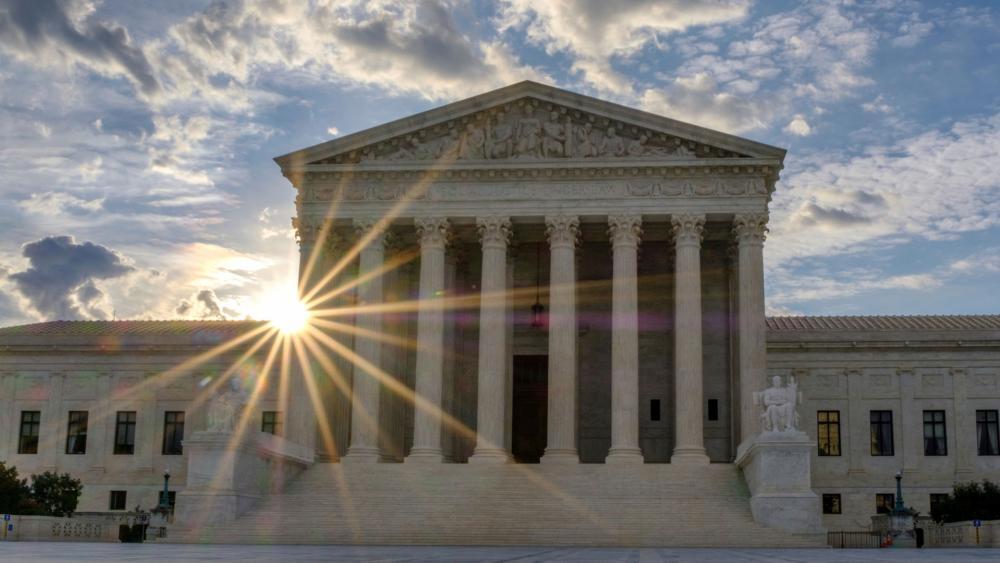
WASHINGTON (AP) — The Supreme Court has cleared the way for an LGBTQ group to gain official recognition from a Jewish university in New York, though that may not last.
By a 5-4 vote Wednesday, the justices lifted a temporary hold on a court order that requires Yeshiva University to recognize the group, the YU Pride Alliance, even as a legal fight continues in New York courts.
Two conservatives, Chief Justice John Roberts and Justice Brett Kavanaugh, sided with the court’s three liberal justices to form a majority.
The disagreement among the justices appears to be mostly about procedure, with the majority writing in a brief unsigned order that Yeshiva should return to state court to seek quick review and temporary relief while the case continues.
If it gets neither from state courts, the school can return to the Supreme Court, the majority wrote.
Four conservative justices dissented, in an opinion written by Justice Samuel Alito that said recognition should have been kept on hold because Yeshiva has made a strong case that its First Amendment religious rights have been violated.
The Constitution “prohibits a State from enforcing its own preferred interpretation of Holy Scripture. Yet that is exactly what New York has done in this case, and it is disappointing that a majority of this Court refuses to provide relief,” Alito wrote. Justices Clarence Thomas, Neil Gorsuch and Amy Coney Barrett joined his opinion.
The upshot, Alito wrote, is that Yeshiva probably will have to recognize the Pride Alliance “for at least some period of time (and perhaps for a lengthy spell).”
On Friday, Justice Sonia Sotomayor signed the order that put things on hold and indicated the court would have more to say on the topic.
The university, an Orthodox Jewish institution in New York, argued that granting recognition to the Pride Alliance, “would violate its sincere religious beliefs.”
The club argued that Yeshiva’s plea to the Supreme Court was premature, also noting the university already has recognized a gay pride club at its law school.
A New York state court sided with the student group and ordered the university to recognize the club immediately. The matter remains on appeal in the state court system, but judges there refused to put the order on hold in the meantime.
The Supreme Court has been very receptive to religious freedom claims in recent years.
In June, conservatives who hold a 6-3 majority struck down a Maine program prohibiting state funds from being spent at religious schools and ruled a high school football coach in Washington state has the right to pray on the field after games.
The remainder of this article is available in its entirety at CBN